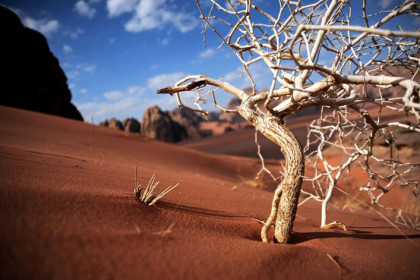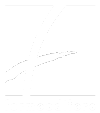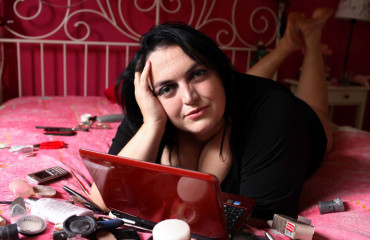
Seven years of travels, thirty-four different places around the world: this is «Dunes, whales and microchips» (published by MUP), a collection of travel impressions by Luigi Alfieri – a journalist, and a traveller attentive and sensitive – accompanied by beautiful photographs by Alessandro Gandolfi.
The dunes are the deserts, both green ones or sand ones.
The whales are in the Samanà Bay, Dominican Republic, resting after the journey from Maine to the Caribbean sea, or in Egypt, ancient and mysterious fossils.
The microchips are the symbol of postmodern society, of the cities where man “runs like a crazed flipper ball”.
«A journey never ends» says the author in the preface, «it is like a good long-term investment. It continues to be profitable over time. And creates a huge reserve of emotions. (…) Travel is a form – the highest – of education and learning. It is the fastest way to enrich ones culture at 360 degrees. In a week of exploration of an unknown territory one learns more things that by reading piles of books, one acquires large bunches of keys which open the locks of mysteries of the world and life, wearing new glasses to see the society that surrounds us and its evolution better».
So we asked Luigi Alfieri a few questions out of curiosity. The rest is all in his book (including some useful travel tips).
What does the word “travel” mean to you?
«Travel means enrichment and relaxation, a way to relax through learning, like the Latin otium… travelling, in a week you learn more than by reading for years and years, on the road things are stronger and you take them all in. It is an investment, the money you spend travelling is profitable for life, as a credit instrument that never expires. When you are sad and dispirited, you think of a nice trip you made and come back in good spirits».
How did you choose Alessandro Gandolfi for the photos?
«Alessandro was a young lad who arrived at the Gazzetta asking to be journalist, I said yes and so began his career. We instantly became friends, Alessandro was a journalist for a while – has also worked for Repubblica – then he got tired of sitting at a desk and decided to become a photographer. He studied hard, and has a natural talent. We travelled together a lot, hence the choice to use his photographs was implicit».
The trip you liked least?
«I loved all the journeys, the only one from which I expected a lot but from which I did not receive all that I expected was Hungary. Communism had just fallen, I thought I would find very fascinating situations, very vintage, instead it was full of gypsies, thieves, money changing crooks, prostitutes, it was really dangerous, below any expectation. Having said this, Budapest is beautiful, and is totally different now, but at that time the all of central European delinquents concentrated there. Now I would return, for some sort of redemption».
He who hesitates is lost?
«Whoever stops loses time… it is always best to keep moving and satisfy one’s curiosity».
Biographies
Luigi Alfieri (Cella di Palmia, 1957) is a travel journalist. Former chairman of Neos, the ‘association which brings together sector journalists and photographers. He has written historical and literary works, as well as on food and wine, and current affairs. He also made a feature film on drug addiction, broadcast by Rai Uno. He is chief editor of the Gazzetta di Parma and has worked for over a decade with the La Stampa di Torino. He has organized photographic exhibitions and symposia on travel, poetry and literature in general.
Alessandro Gandolfi (Parma, 1970) from 2001 works as a reportage photojournalist. In recent years his work has appeared in several newspapers and magazines, including National Geographic Italy, Meridiani, Airone, Die Zeit, The Sunday Times Magazine, Le Monde, Marie Claire, L’Espresso, Il Venerdì, Sette, Corriere della Sera, Sportweek, Geo, Io Donna, La Repubblica delle Donne, Grazia, Elle. In February 2010 his report on the Hierapolis archaeological site in Turkey was awarded the Best Edit Award, a recognition given by the National Geographic editorial office to the best reportage amongst all those published in the numerous local editions of this prestigious American magazine.
 English
English  Italiano
Italiano 



